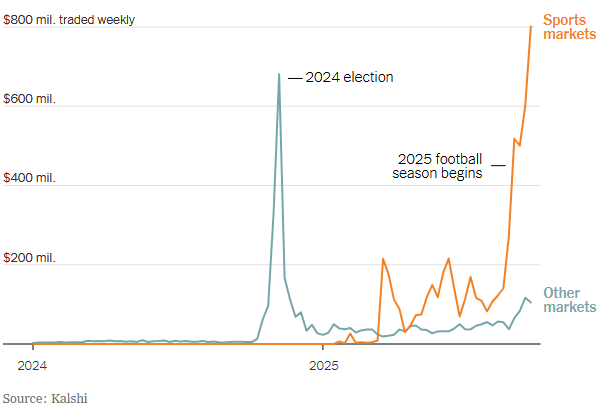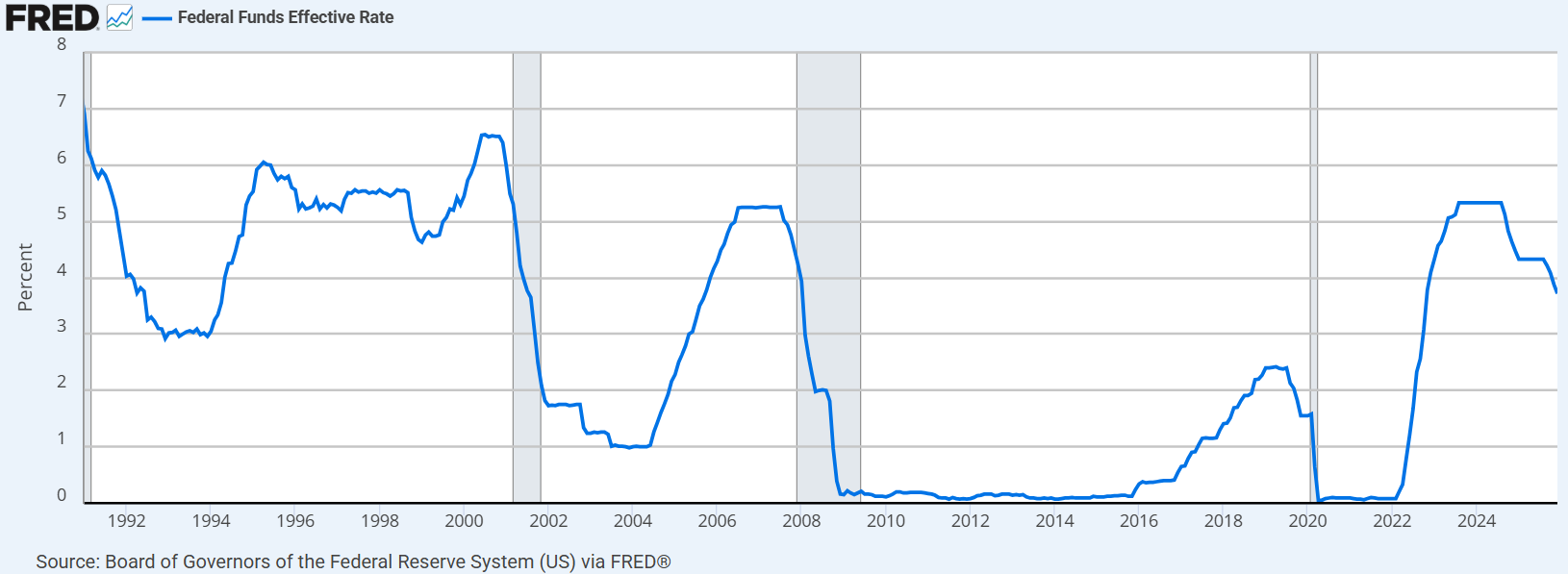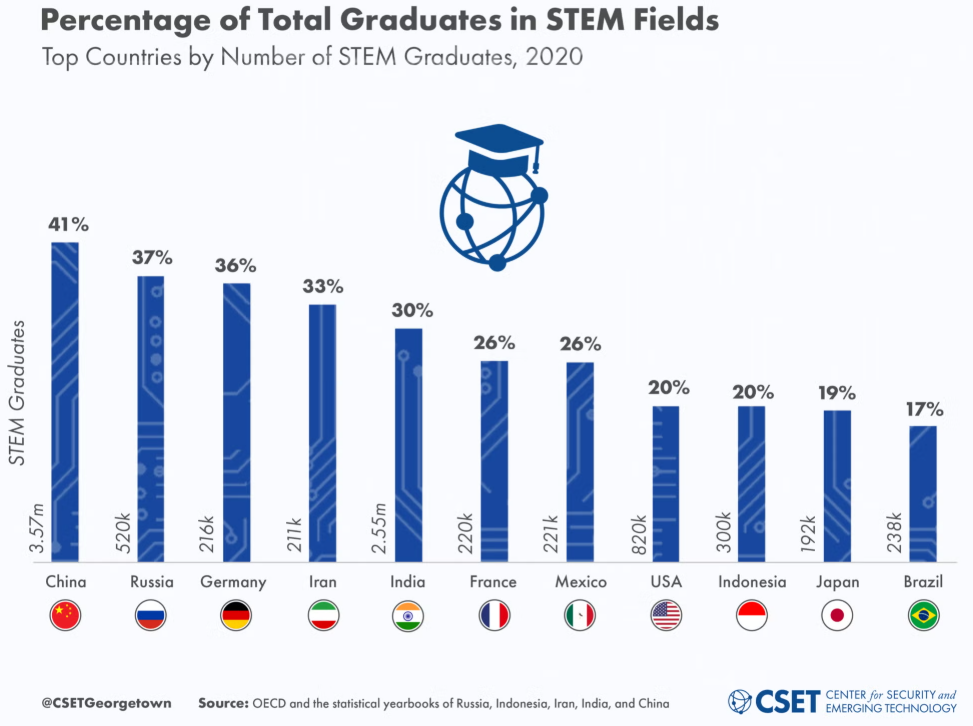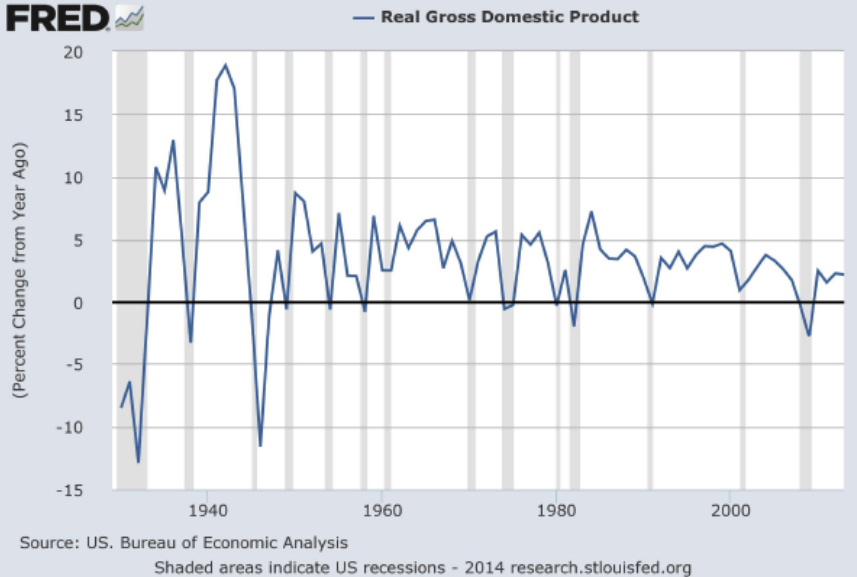Colin Read • April 8, 2023
Why Inflation-Busting is Bad for the Planet-April 9, 2023
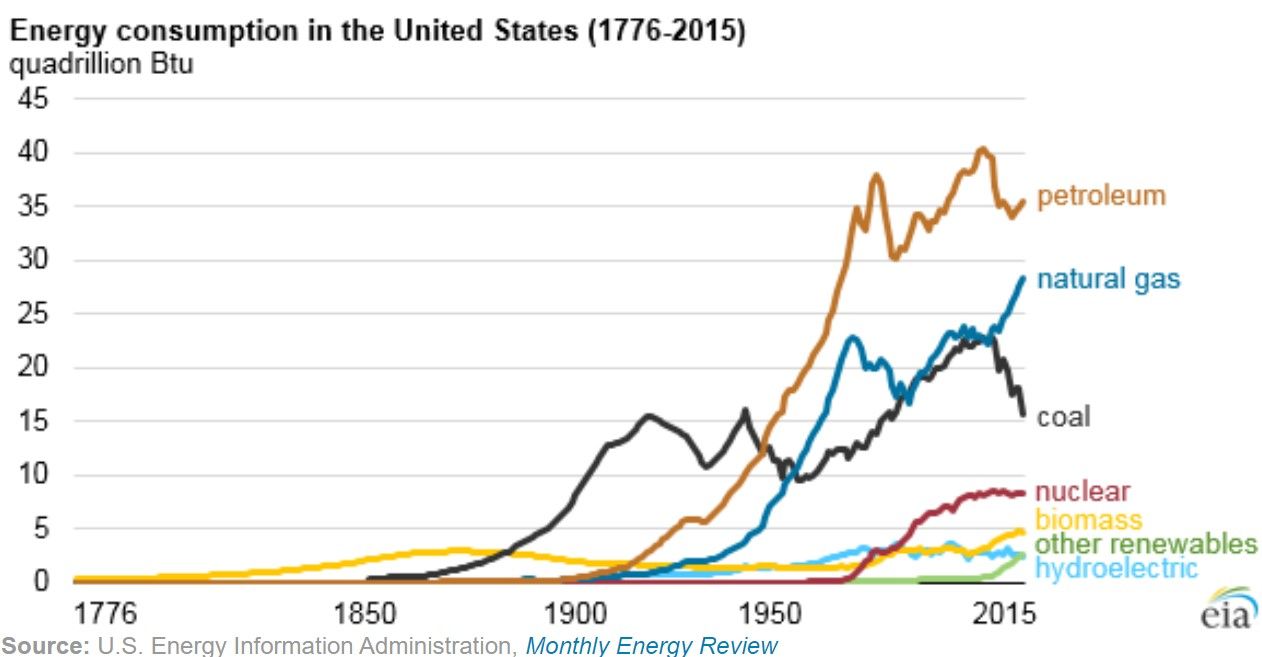
We have all seen the fastest in interest rates in monetary economic history. It is designed to blaze a painful path of declining aggregate demand by reducing spending on investment items such as new cars and homes and construction of new buildings and factories. It is also slowing progress in converting to a sustainable economy and planet.
The Earth currently has fossil fuel reserves totalling more than the equivalent of 3 trillion barrels of oil. We are consuming these resources at a rate of approximately 300 billion barrels of oil equivalent per year. This indicates we can keep consuming fossil fuels for another century even if we stopped exploring for more fossil fuels today.
A Harvard University study recently determined that about 8 million people die from pollution arising from fossil fuel use annually. That works out to around one death for every 40,000 barrel equivalents of fossil fuels burned each year. Globally, humans use about 40 barrels of oil equivalent per person per year. In the United States, we use about 16% of global fossil fuels for about 4% of the world’s population, so our fossil fuel consumption is about four times the world average.
If Americans use about 160 barrels of oil equivalent per person per year, the actions of 250 of our residents each year generates one additional death. Our dependency on fossil fuels is killing us.
A recent study by Mark Jacobson and his colleagues at Stanford University provided a pathway to sustainable energy that is expensive, at about $61 trillion, but will result in clean sustainable energy forever, and at a significantly lower cost for energy, not to mention our health and longevity.
This total of $61 trillion is about a quarter of the funds washing around in investment funds controlled by banks, pension funds, etc. At an oil price of $100, it is about a fifth of the value of already-discovered fossil fuel reserves, which demonstrates why the oil industry is not so keen on making a $61 trillion investment that strands $300 trillion of their reserve assets.
Global GDP is approaching $110 trillion, so the necessary investment in sustainable fuel represents about half of the global annual GDP. However, the investment spread out over just a decade will only represent about 5% of global GDP in a world that aspires to spend 2% on defense alone for the foreseeable future. If we could only devote a similar amount to sustainable energy as we do to defense for 25 years, we can get back on the path the United Nations scientists described to avert the worst of global warming and hold the planet to about a two degree Celsius temperature increase. Meanwhile, we also save 8 million lives each year instead of taking lives through fossil fuels or wars.
I am not advocating for the elimination of defense spending, but I am wondering why we cannot make investments in sustainable energy, and reap the benefits of lower costs and greater health forever, when the scale of the solution is well within our grasp. I certainly understand why fossil fuel companies and their political action committees do not want us to go down this path.
Is there anything we can do without directing taxpayer resources to this problem? Here is where our economic policies, or lack thereof, become a problem. We will only invest in sustainable energy if we do two things. It becomes more feasible if we can create the economies of scale necessary to bring down the cost of wind turbines, solar farms, energy storage, and even Gen IV nuclear plants that can consume all the radioactive byproducts we’ve left at all our nuclear power plants over the decades. More investment brings costs down and hence improves the return on investment for those who come later, just like that electric car you are waiting to buy in a few years when costs come down and range goes up.
Second, the investment horizon for sustainable energy has to be considered more of a tortoise than a hare. Returns will be slow and steady, but with some risks that technological improvements give advantages to those who wait. Early facilities may even become obsolete if new technologies succeed spectacularly.
Economic policy can solve these problems not by investing directly necessarily, but by guaranteeing a fair rate of return on those who are willing to invest if only the uncertainties were not so high. This is where inflation-fighting comes in. The inability of the Fed to jump on an overheated economy early enough required them to push interest rates up faster and farther than necessary. These high interest rates trouble the tortoise investor by doubling their capital costs and payback period. A doubling of a payback period for returns that are spread out over 30 years rather than loaded up front is detrimental to private investment.
Economic policy can be used to adjust the contour of these returns by pushing earlier the returns that come later. Government can use that by essentially borrowing long term and using a share of the long term profits from sustainable energy to goose the short term profits for green investors. This requires government to employ its superior access to cheap capital. It does not take much risk here because we know sustainable energy is a better mousetrap. There is little speculative risk. It is just hard to fund long term projects when we have short term mentalities. This is especially challenging when we also move monetary policy in the wrong direction by raising interest rates. That has already delayed a number of large scale wind projects just at a time when they had the potential to make a big difference.
Huge government deficits don't help. They compete for a fixed supply of investment funds, bid up interest rates, and crowd out private investment. Imagine what we could do if we combined our fiscal, industrial, education, energy, and monetary policies so they all pointed in one direction - the creation of viable new economies driven by the private sector but with roadblocks removed by government.
